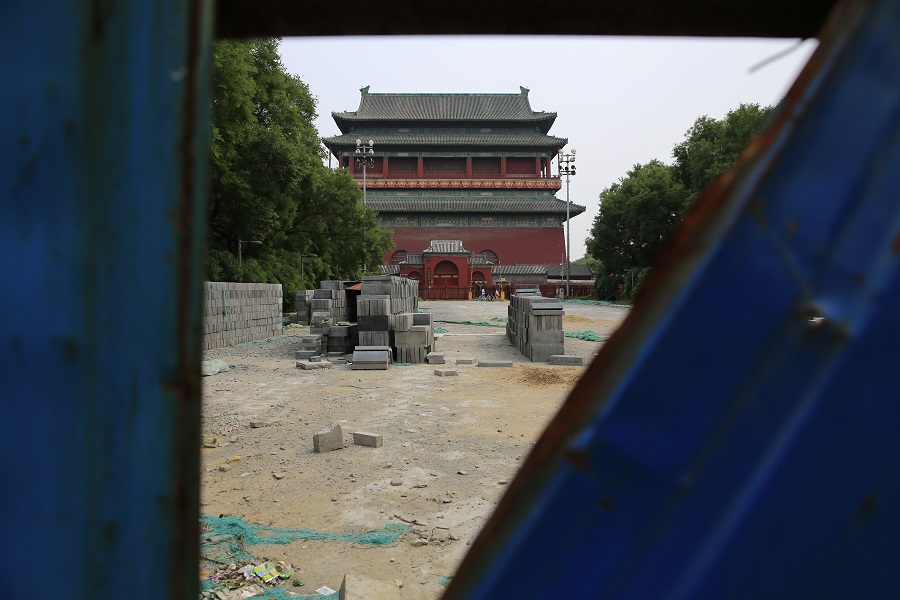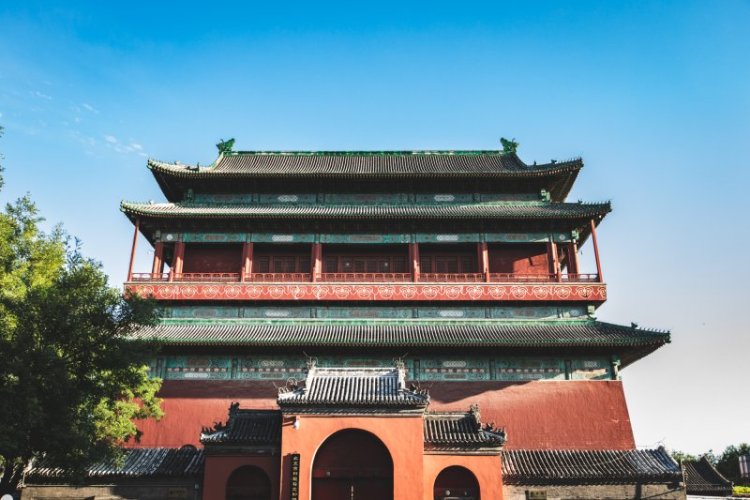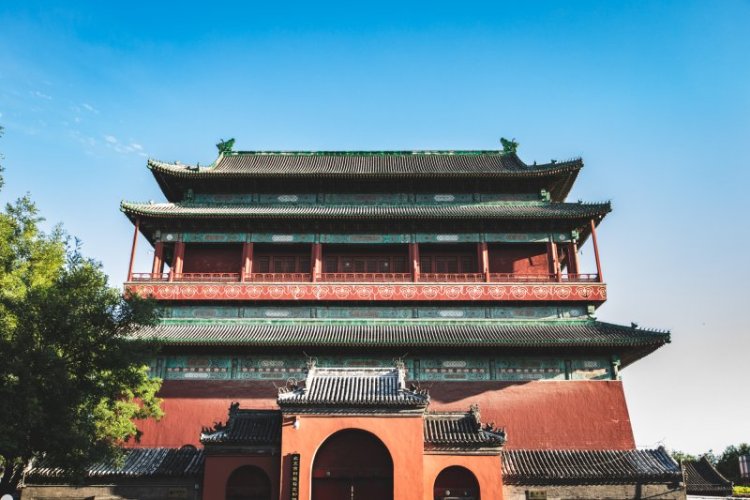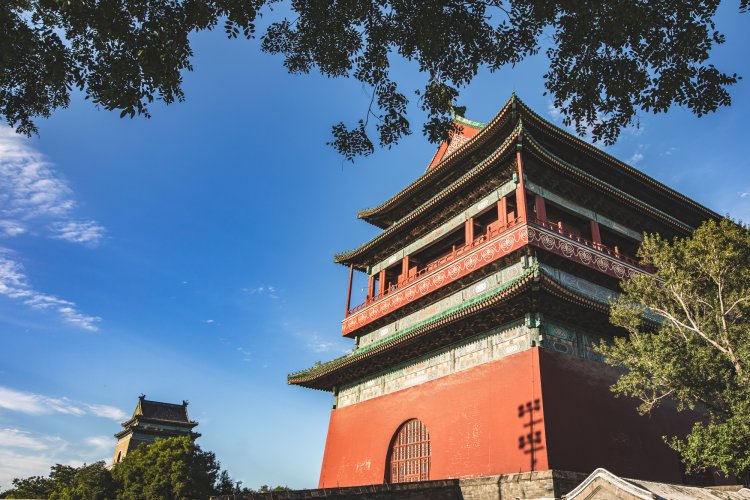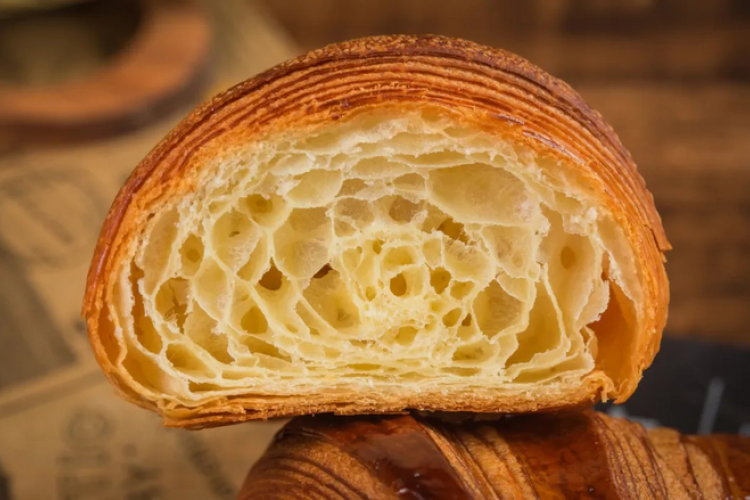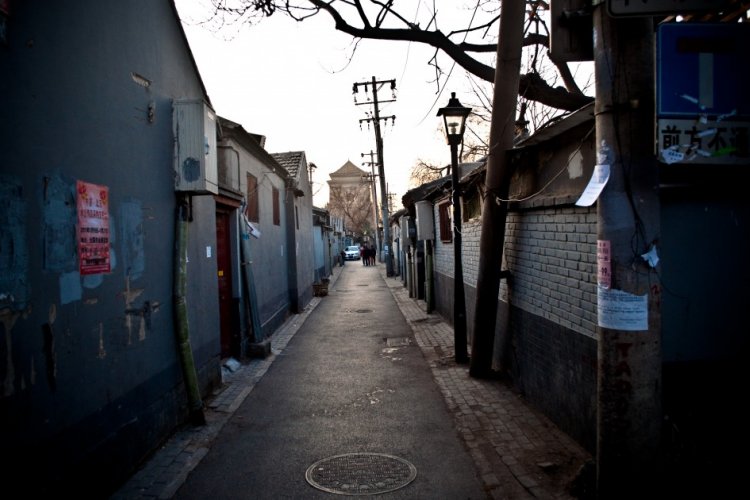What the Hell is Going On with the Remodelling of Gulou?
What the hell is going on at Gulou? More than three months after tearing up the plaza between the Drum and Bell Towers to repave it, the site remains a mess, with no end to the revamping in site.
In a city where skyscrapers seem to go up overnight, one wonders what’s up in this hallowed area of old Beijing, long rumored to be earmarked for redevelopment into a modern, sterile tourist area, robbing it of its antique charm.
The area has been fenced off since March. Originally the plan was to redevelop the site into a new museum, but the idea was quickly rebuked by the public. One insider at the site said the current plan is to replicate the original “plaza of relaxation" that lies between the Bell and the Drum Towers, but one wonders what the hell is taking so long to lay down a bunch of bricks.

Meanwhile, some of the courtyards and hutongs east of the square are being torn down, agitating those who promote the preservation of the city's old-world “Beijingness”. Those on the west side are still intact, but who knows for how long?

In other areas surrounding the tower, some old world charm remains: Outside one derelict courtyard, a classic Flying Pigeon bicycle stands proudly parked outside. Having roamed the hutongs of old Beijing for decades, the Flying Pigeon's status as kings of the streets has slowly been replaced by Audis and other motor vehicles. What will this bike’s last ride see?

Is the new Gulou going to be a well-planned and authentic replication of Gulou's original character, or could the delay mean there is a currently an unseen struggle going on about how to maximize its commercial potential? Are we to be "blessed" with cultural tragedy a la the Disney-fication of Qianmen? We have our fingers crossed that this will not be the case.
Images: James Lindesay
Related stories :
Comments
New comments are displayed first.Comments
![]() mtnerror
Submitted by Guest on Thu, 07/10/2014 - 13:53 Permalink
mtnerror
Submitted by Guest on Thu, 07/10/2014 - 13:53 Permalink
Re: What the Hell is Going On with the Remodeling of Gulou?
"...long rumored to be earmarked for redevelopment into a modern, sterile tourist area, robbing it of its antique charm." Yes, some of us non-Beijingers don't want another "Sanlitun"/Tai Koo Li (which garners a ridiculous amount of interest from English-language publications).
Validate your mobile phone number to post comments.

